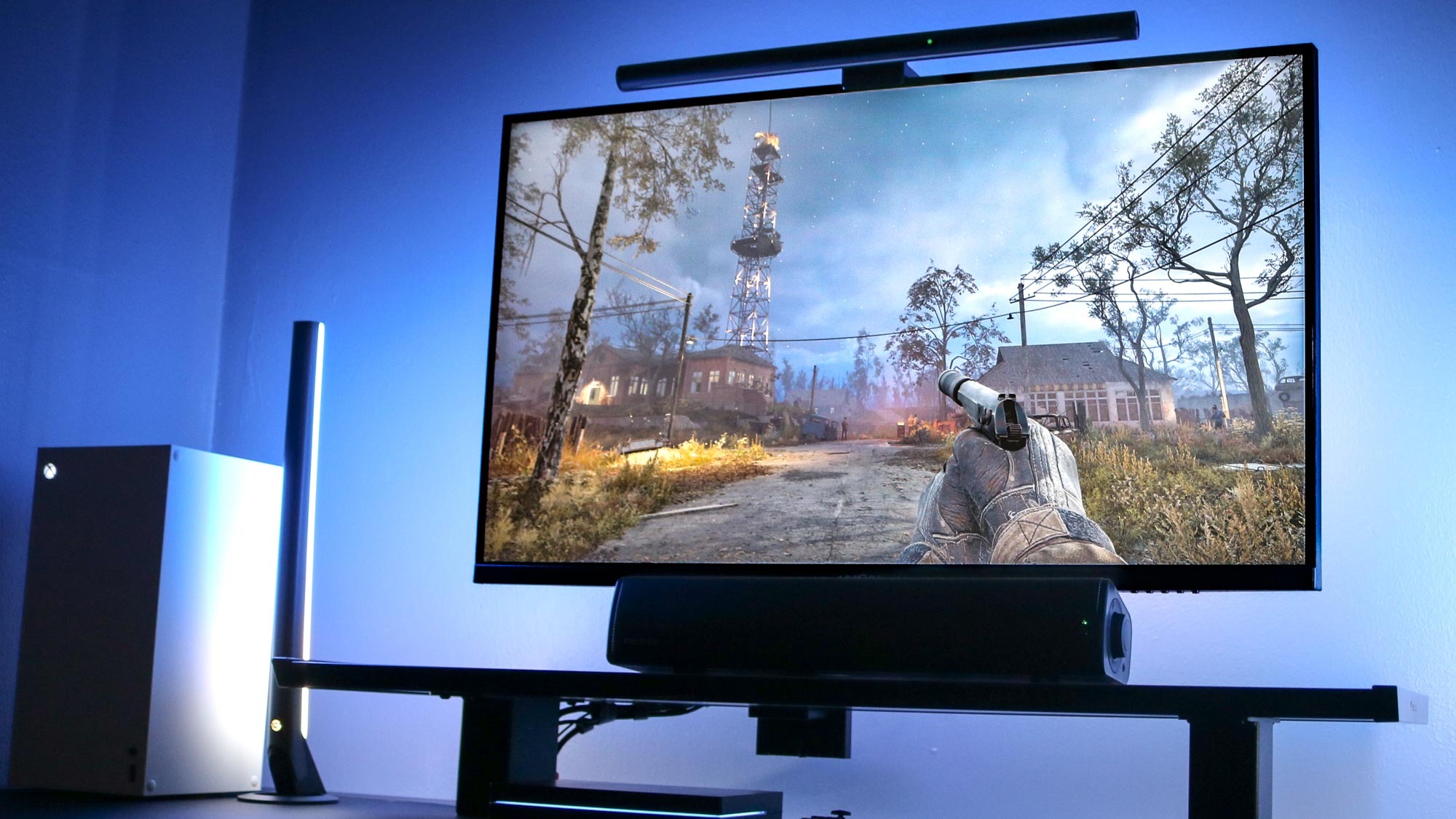
Do you like cosy crime? How about cosy crime with a dash of magic? That was the strange – but surprisingly charming – stylistic mash-up to be found in BBC One’s Moonflower Murders , the second Anthony Horowitz adaptation in the Magpie Murders series. Lesley Manville returned as book editor and part-time mystery cracker Susan Ryeland, a busybody sleuth who wasn’t happy unless there was an ingenious crime to solve. At the end of the previous series, she had given up her literary life and moved to Crete to run a guest house with her partner Andreas (Alexandros Logothetis) – but you can’t keep a good amateur detective down.
When husband-and-wife hoteliers flew to Greece and begged Susan to help locate their missing daughter, Cecily (Amy Griffiths), she couldn’t resist getting involved. She hadn’t been having much fun catering to demanding guests and bluntly told Andreas she was going to take the couple up on their offer. Plus, Susan had a personal interest in Cecily’s whereabouts.
Her disappearance was seemingly connected to a murder at her parents’ grand hotel, Branlow Hall, and things took a turn for the weird. The killing had inspired a book by Susan’s fêted client, crime writer crime Alan Conway (Conleth Hill), who was bumped off in the previous series. The thriller told the story of an obnoxious guest (a brilliantly slithery Mark Gatiss) who had checked in the night before Cecily’s wedding day.
Did I say it got weird? How about surreal? Alan’s page-turner featured Hercule Poirot-esque Teutonic detective Atticus Pünd. As Susan got stuck into the book searching for clues, the action flipped between the present day and Pünd’s investigations in picturesque 1950s Suffolk, where the cast from the “real” timeline reappeared as fictional characters. It might sound confusing on paper, but on screen it made perfect sense.
The Suffolk scenes were a game of Cluedo brought to life and centred on embittered former movie star Melissa (Rosalie Craig, who played Cecily’s envious sister in the present day). She had quit Hollywood to grudgingly run a hotel but spent most of her time stewing in resentment. She loathed her posh husband and was up to something with her shifty financial adviser (Will Tudor, also portraying Cecily’s fiancé).
Horowitz has said that Moonflower Murders was inspired by his time writing for the most famous small-town crime caper, Midsomer Murders . There was a lot of that cheerily cheesy whodunnit’s DNA here, especially in the bits set in 1950s Suffolk which went down as smoothly as cucumber sandwiches and orange squash. But the series set itself apart from other cosy crime dramas by having Alan’s fictional detective enter the real world.
As Susan pored over Atticus Pünd Takes the Case in the present day, she was joined by Pünd, who playfully teased Susan about her attempt to glean the truth from the book. Timothy McMullan played the great detective with steely understatement, resisting the temptation to camp it up. Read Next Liam Payne's death gives this grim film an added edge of unease These Susan-Atticus sequences were certainly the oddest element of an already a strange drama.
At one point, Susan sat at a table in Crete, apparently talking to herself, only for the camera to pan across to Pünd who was suddenly sitting beside her. Were I Cecily’s fretful parents, I’m not sure I’d be happy placing all my trust in a woman who natters to imaginary detectives. Thanks goodness for the charismatic Manville, who made these exchanges believable.
There is no shortage of intricate thrillers on TV, whether it’s the BBC’s spree of largely faithful Agatha Christie adaptations or the more tongue-in-cheek Knives Out films. But Moonflower Murders brought something new to an arguably done-to-death formula by mixing a modern murder case with a hokey period whodunit – a charming blend of new and old. ‘ Moonflower Murders ‘ continues next Saturday at 9.
25pm on BBC One.














